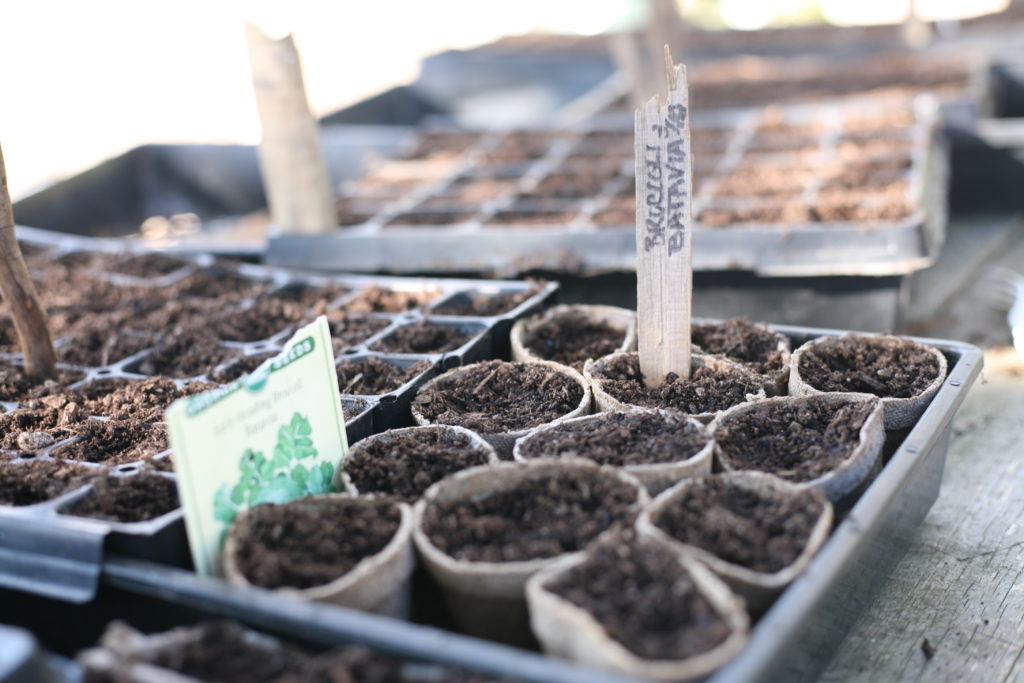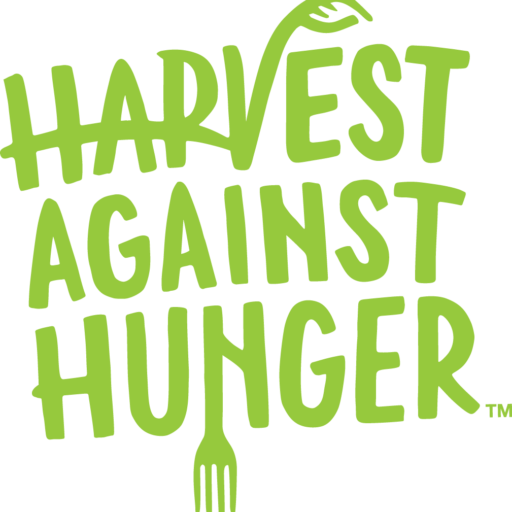How Can We Help?
Honoring Culture and Traditional Knowledge of Refugee Farmers in Community Gardens
The International Rescue Committee resettles and integrates refugees, asylees, and other immigrants from all over the world. Many of these new Americans bring a wealth of knowledge about agriculture and farming, and it is important to allow space for this knowledge in garden education programming. Here are some tips for how to make space for traditional knowledge in community garden spaces:

Ask Questions
The best way to keep the existing knowledge of refugee farmers center-stage is to ask questions before providing educational opportunities. How did you grow things in your home country? What do you like to grow and eat? What questions do you have about farming in the Pacific Northwest? Gathering as much information as possible through questions will help you gauge the level of expertise different growers have and identify common questions that you can address through workshops or events. Not to mention you will probably learn a lot from what the gardeners have to share!
Training of Trainers
A major part of the New Roots mission is to eventually transition management of its community gardens to a garden leadership committee comprised of dedicated members of the garden. In order to do this, New Roots employs “training of trainers” techniques to prepare garden leaders for the duties associated with running a community garden. Topics may include site maintenance tasks, budgeting, conducting outreach, and workshop planning. Once garden leaders have been trained, they are expected to pass on the information to the other active gardeners, and they are expected to support other gardeners with questions and technical assistance. An incentive is often given to leaders from each garden who do this work, either in the form of a stipend or additional growing space. Training of Trainers programs allow for refugee gardeners to reclaim agency and manage the gardens in a way that makes sense to their community.
Keep Language(s) Alive
New Roots community gardens provide much more than space for growing food- they are also spaces for communities to come together and keep their cultures alive in the United States. The biggest way this happens in New Roots gardens is through speaking native languages. There is a heavy emphasis placed on learning English as quickly as possible during the resettlement process, so it can be difficult for newcomers to find the space to keep native languages alive. This is particularly true for families whose children opt to speak English like their school friends. Community gardens can keep native languages alive by having signs and produce labels written in represented languages, as well as by hosting events that promote the represented cultures (such as cooking demos or intergenerational storytelling circles).


